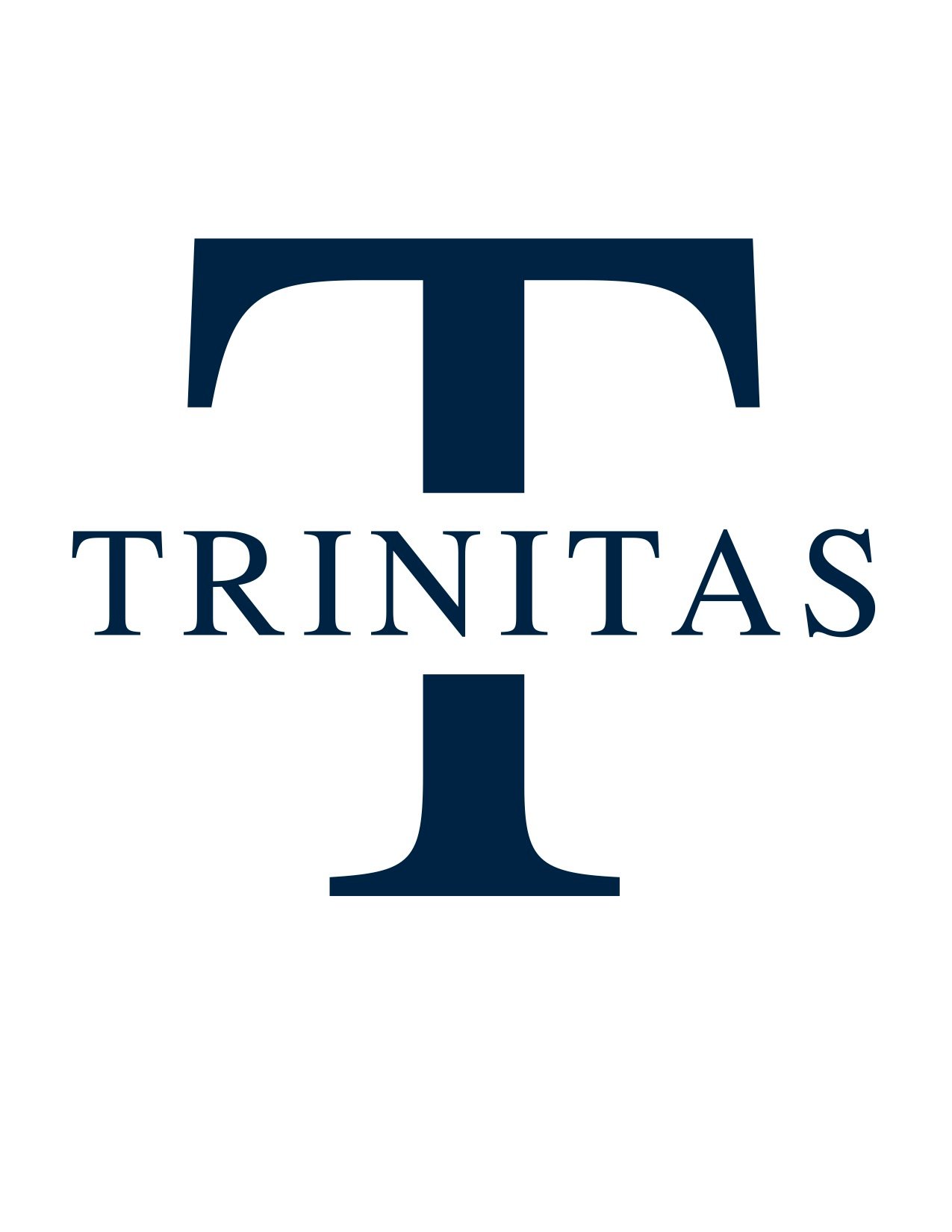 Classical Christian schools can come across as pretty odd to most folks. While Latin can still be found in other private and public schools, not many schools teach six years of it. (I know of one classical Christian school that teaches eleven years of Latin.) And good books can certainly be found in other private and public schools, but not very many will read Homer, Virgil, Plato, Augustine, Rousseau, and Nietzsche. Memory is part of learning no matter what kind of school one attends, but not many schools will memorize hundreds of lines of prose, poetry, and Scripture every year. So yes, classical Christian schools can come across as odd even if only because of differences like these.
Classical Christian schools can come across as pretty odd to most folks. While Latin can still be found in other private and public schools, not many schools teach six years of it. (I know of one classical Christian school that teaches eleven years of Latin.) And good books can certainly be found in other private and public schools, but not very many will read Homer, Virgil, Plato, Augustine, Rousseau, and Nietzsche. Memory is part of learning no matter what kind of school one attends, but not many schools will memorize hundreds of lines of prose, poetry, and Scripture every year. So yes, classical Christian schools can come across as odd even if only because of differences like these.
One might ask (and one often does), what kind of parents sign their children up for such an education, an education so odd when compared to contemporary models of education? The one-word answer is dedicated. It takes dedicated parents to pursue a classical Christian education (cCe) for their children. Classical parents have to be dedicated to bucking the status quo, dedicated to participating in their children’s education, and dedicated to the Scriptures’ role in the education of Christian children. This week we’ll look closely at bucking the status quo, and then visit the other two in later weeks.
Bucking the status quo is the first big step when parents embark on the cCe journey. There is often uncertainty, for example, when enrolling in a small classical Christian school because parents worry the small size alone could disadvantage the school from hiring and keeping good faculty. The truth is, good faculty are attracted to classical Christian schools, not because of large school sizes, salaries, or benefits, but because they see it as an opportunity to be involved in giving the next generation of Christians a seriously good education. For most teachers, it is a ministry. What better way to change the world for God, and what better way to build a faculty that is committed to the work for the right reason?
Another uncertainty parents have is whether their children will have fewer friends or fewer opportunities.
Fewer friends?
At school, yes, fewer friends than if they attended a bigger school, but often the friendships are deeper, more meaningful, and longer lasting because there is more time to cultivate those friendships. Classical students are often better at making friends, too, because of their perspective. They are generally mature, outgoing, and growing in wisdom, so they are quick to make friends—and to pick the right ones— at church, in the neighborhood, and in community activities.
Fewer opportunities?
It depends. There are certainly fewer sports to choose from, but often those can be had elsewhere through programs at other schools or in the community leagues. But in some ways, there are more opportunities exactly because the school is small. For example, talented younger students often get to step into drama, choir, or sports roles that would not be available to them at a larger school. Music lessons can be taken during the school day so the afternoons are free for other opportunities. Finally, there is the opportunity for personal attention from teachers because class sizes are small—fewer than fifteen students per class in most classical Christian schools. Academically, then, there are arguably more opportunities in part because students can't fly under the radar in a large class.
Then there is the content and pedagogy in the classical school that are so different from the education most parents received. It takes some research for parents to get comfortable leaving the known paths of progressive education for a school that teaches Latin, Greek, and Plato. Often it is enough for parents to see cCe in person in a school to get them to buck the system. They know a good thing when they see it. Others need to dig deeper before being convinced, and they do. Scads of books have been written about cCe, but there are also hosts of resources on the web, many from organizations and associations that have research to share. The Association of Classical Christian Schools is the largest such organization. On their website for parents, you can see test scores and read testimonies from parents and graduates. It becomes clear after some research that cCe is graduating renaissance men and women who can think, speak, and write, and who have the ability to learn quickly. They often outperform students coming out of high-pressure prep schools in almost every field. More importantly, they are people whose lives are committed to God and who are making a difference in the world.
Nothing beats personal experience though. Even though family and friends may be questioning them, most parents who buck the system and try a classical Christian school, find within the first couple of years that they have made a life-changing decision for the whole family. Once their children begin to thrive, and they begin to see the fruit of the education compared to their children’s peers who attend other schools, they become comfortable with bucking the system.
Dedicated classical Christian parents could never be content with the status quo. They are happy to go against the grain and buck the progressive education system.



